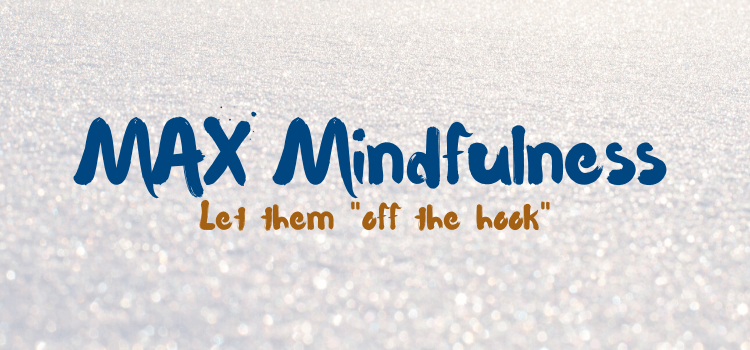By Dave Wine, President & CEO
A presenter on a recent webinar used the phrase “automatic negative thoughts” or ANTS for short, calling them the “ants” in our lives. I liked that phrase and it reminded me again of all the times it is so easy to “go there” throughout the day. Which is why staying mindful and giving conscious attention to our thoughts is so important.
How many times have you found yourself ‘less than happy’ throughout the day. Maybe you are stressed, your emotions become wound tight, there is sense of gloom and doom, certainly you might be feeling a long way from joy or enthusiasm. More than likely you have been attacked by the ants, those automatic negative thoughts. They not only are individual thoughts, they become patterns that shape and mold us daily but too easily add up to defining life for us. More often than not, it is the accumulation of a lot of little negative ants that create our moments and moods more than any one big thing.
What are some of our automatic negative thoughts? For each of us they are probably unique given our perceptions and experiences in life. But most of us automatically have ants related to sickness, finances, politics, religion, work, weather, and family. Our kids might do or say something that triggers an emotion and we go to “when will they ever grow up?” Or it might be your spouse that does that for you. You might be innocently watching TV and a political ad comes on and suddenly the joy seeps right out of you. Or every time you hear the word, Covid, ants start moving around in your mind. Weather is another key ant. If things are not the way we want them to be, our brains are hardwired to try and improve things. But we can’t change the weather (and most things), so the ants begin to crawl around in our minds disrupting our peace.
The key thing about ants is the word “automatic”. Our minds go there so fast we can’t even stop them! It is an automatic response we have built up to those things that disempower, frighten, or upset us, especially in our past. That’s why it is important to stop frequently throughout the day and do a check how we are feeling. Are you tight and constrained? Are you stressed? Are you depressed or feeling out of sorts? Has joy left? It could be all the ants moving around doing their thing in your mind.
The good news is that, just like you buy insecticides to deal with ants, we also have the power to deal with those ants in our minds. It is called paying attention, mindfulness, pregnant pauses – all those words and phrases you are probably tired of hearing about from me. But just taking those breaks to observe, feel, and monitor can make all the difference in how many ants you have crawling around uninvited that are bit by bit eating away at your joy. The ants may attack us before we know what is happening, but when they do we have the power to recognize what has been happening and we can change our minds and refocus our attention away from those ants.
Do away with the ANTS. Instead, intentionally adopt PETS (Positive Energetic Thoughts). They love you back and have your back!
David Wine
David is the President and CEO of the MAX enterprise, having served in that capacity since its formation in 2001. He has forty plus years of leadership experience in the business and faith-based worlds, being an ordained minister, having been elected to the highest position in his denomination, and receiving numerous awards and recognition for his leadership in the insurance industry. He currently serves on numerous boards in the church and insurance sectors. His hobbies include hiking, biking, skiing and snowshoeing as well as being an avid reader. David and his wife, Sharon, have three daughters, a son, and six grandchildren.


